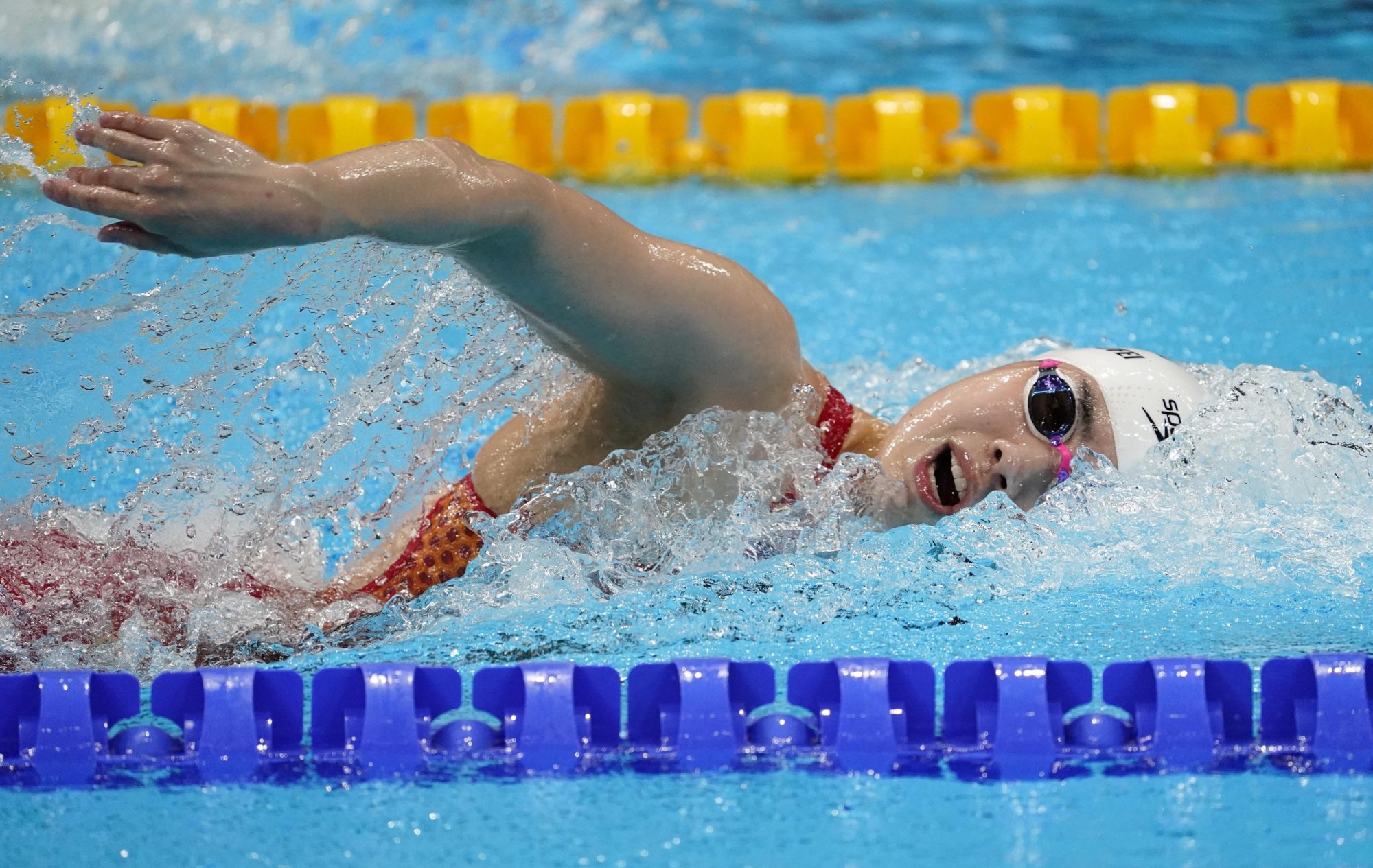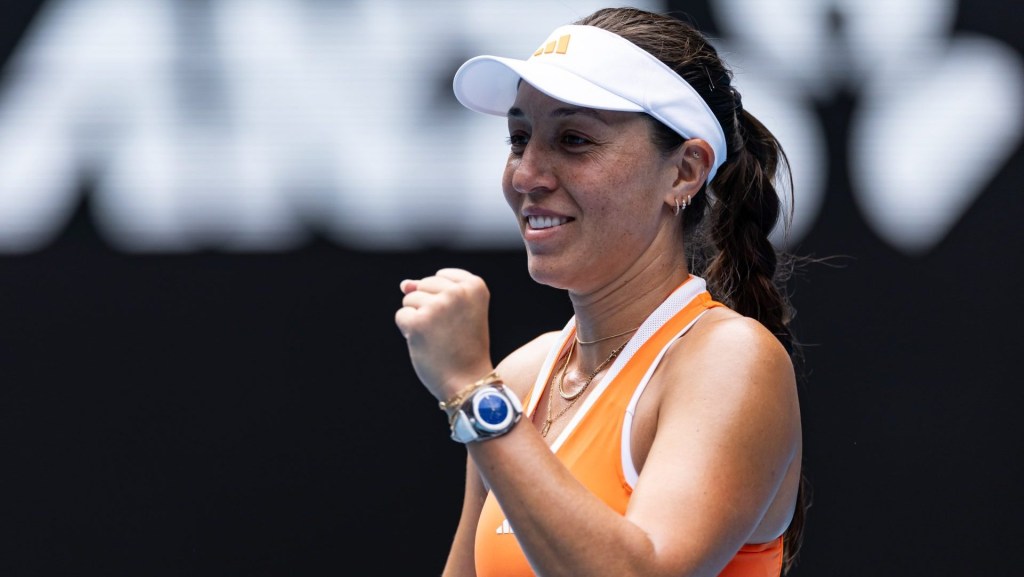After the New York Times and German broadcaster ARD uncovered the positive drug tests of 23 Chinese swimmers before the 2021 Olympics in Tokyo, the country is firing back. A spokesperson for its foreign ministry said Monday that “The relevant reports are fake news and not factual.”
China has held that the athletes were accidentally exposed to small levels of trimetazidine, a substance banned because it can help blood flow and reduce recovery time. It’s the same drug that disrupted the figure skating world until a January ruling banned the Russian skater Kamila Valieva and redistributed the medals. Both China and Russia said their athletes unknowingly injected the heart medication through contaminated food. The Court of Arbitration for Sport ultimately rejected Valieva’s excuse—that some of her grandfather’s medication ended up in her strawberry dessert—and banned her for four years.
The World Anti-Doping Agency has stood by its decision to not punish the Chinese swimmers or publicize the initial case, saying strict COVID-19 restrictions in China made it difficult to investigate the cases and China’s explanation.
Several of the swimmers who tested positive reached the podium in Tokyo, including winning three gold medals, according to the Times.
“I want to emphasize,” said Chinese Foreign Ministry spokesperson Wang Wenbin, “that the Chinese government has maintained a firm stance of zero tolerance towards doping, strictly abides by the WADA Code, resolutely safeguards the physical and mental health of athletes, maintains fair play in sports competitions, and contributes positively to the global efforts in the crackdown on doping.”
The U.S. Anti-Doping Agency, however, isn’t happy with the series of events. Statements have flurried back and forth between the American and international doping agencies. After the news became public Saturday, WADA released a statement upholding its decisions, which were met by the U.S. agency’s CEO Travis Tygart suggesting a cover-up. WADA shot back, calling Tygart’s words “outrageous, completely false and defamatory remarks.” Tygart responded with another statement defending the process for American athletes who have formerly been entangled in contamination cases. (As Tygart pointed out, typically positive tests in contamination cases are publicized, even if the athlete involved is ultimately cleared.) He called the cases taking years to become public “egregious failures” on the part of WADA and China’s anti-doping agency.
Both sides have threatened legal action. Tygart’s initial statement said everyone involved in keeping the news quiet “must be held accountable to the fullest extent of the rules and law.” WADA’s statement on his remarks concludes in bold font: “It should be noted that following Mr. Tygart’s false allegations, WADA has no choice but to refer this matter to its legal counsel for further action.”







![[Subscription Customers Only] Jun 15, 2025; Seattle, Washington, USA; Botafogo owner John Textor inside the stadium before the match during a group stage match of the 2025 FIFA Club World Cup at Lumen Field.](https://frontofficesports.com/wp-content/uploads/2026/02/USATSI_26465842_168416386_lowres-scaled.jpg?quality=100&w=1024)
![[Subscription Customers Only] Jul 13, 2025; East Rutherford, New Jersey, USA; Chelsea FC midfielder Cole Palmer (10) celebrates winning the final of the 2025 FIFA Club World Cup at MetLife Stadium](https://frontofficesports.com/wp-content/uploads/2026/02/USATSI_26636703-scaled-e1770932227605.jpg?quality=100&w=1024)








